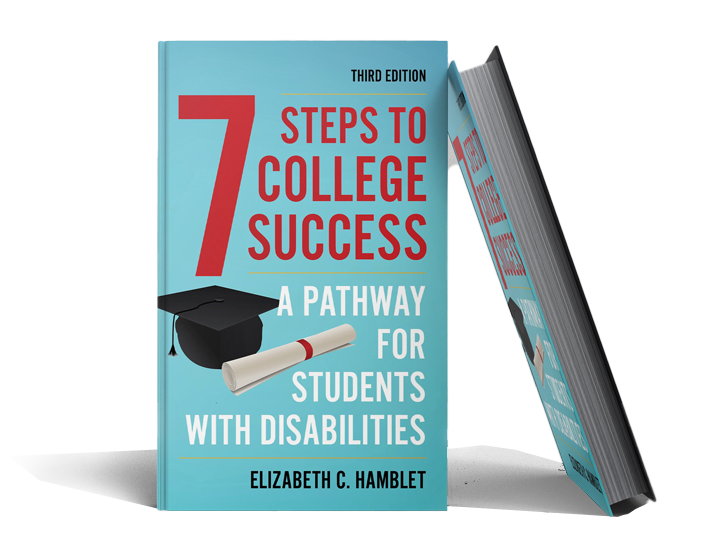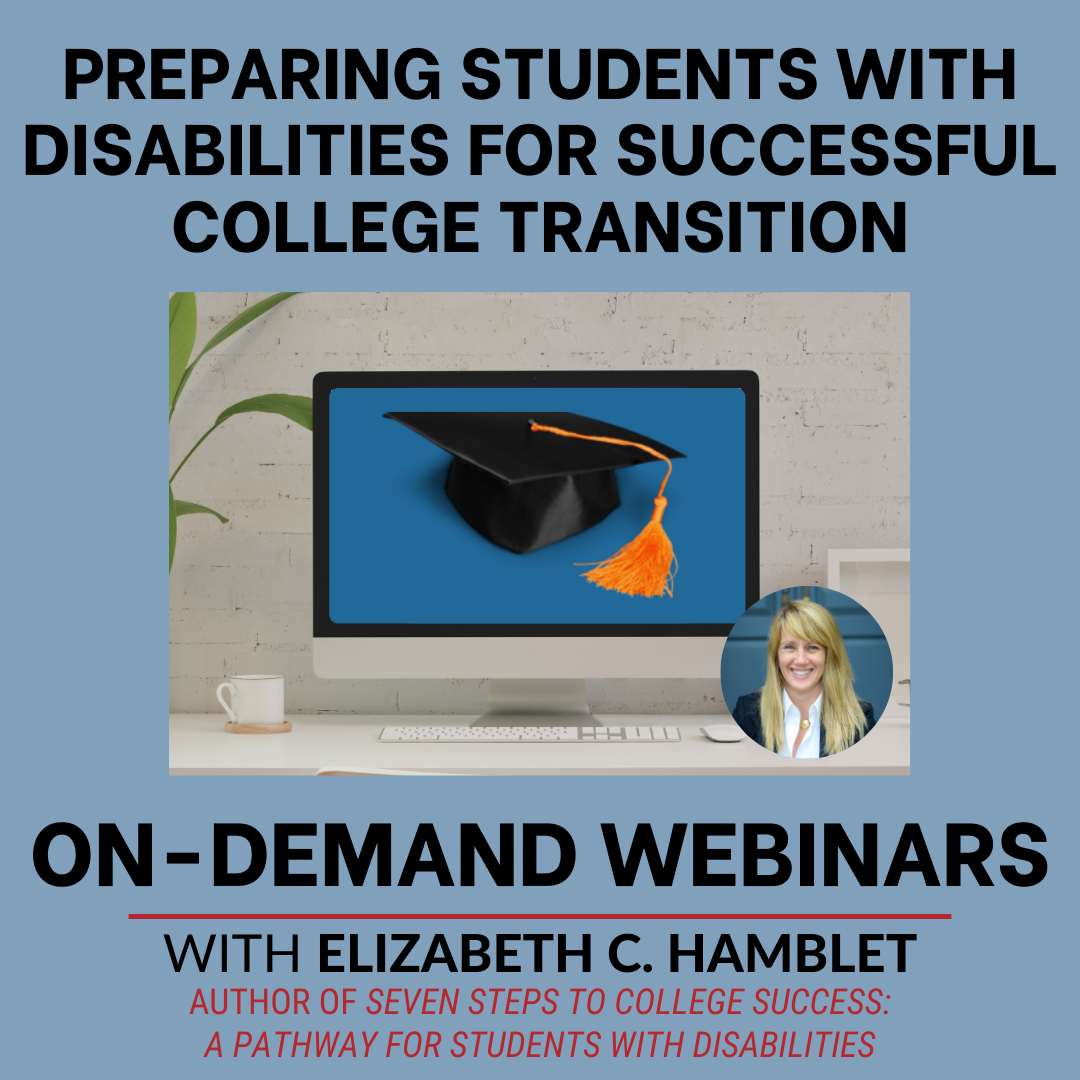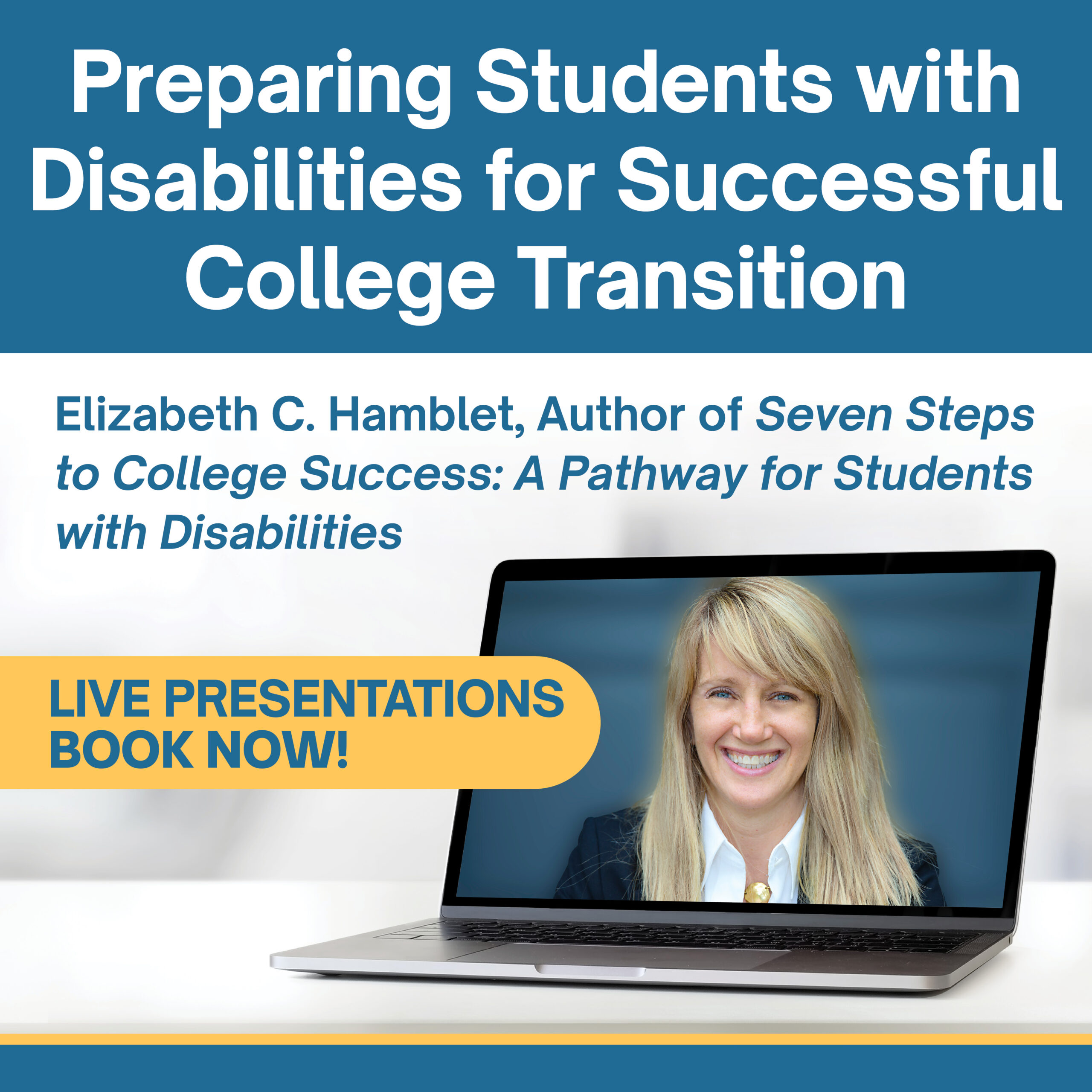Introduction
After working hard in high school, some students may need a break before college. Gap experiences, which can vary in length, are one option students may consider. When I interviewed him for my book, Jason Sarouhan, co-founder of j2Guides, offered his thoughts on these programs for students with disabilities.
Q. What are good reasons to take a gap year?
A. I think that one of the most important reasons for students to take a gap year is to “emotionally recharge.” So many students go through high school feeling so focused on academics that they are emotionally burned out and need to take time to feel energized about school again. College is so different from high school in important ways – especially with respect to the level of support and how supports are accessed – and there are greatly increased demands on students in the level of initiative and organization required.
Q. Have you had students who wish they had gone straight to school?
A. We really don’t. The majority of the students with whom we work – and this number is dramatically increasing – realize that this year is one of the only opportunities they’ll ever have to take some time in life. Some don’t even take a full year – they may take three or six months and then start school in the spring semester. Our students tell us that they can’t imagine not having taken that time, that they feel more engaged and ready for school.
Unfortunately, our second-largest group of students is comprised of those who have been at college less than a year. They take a leave because they are earning poor grades, are not emotionally ready for college, or feel that they chose the wrong school. They often come to us by the middle of their fall semester, which shows that they really weren’t ready to balance their everyday responsibilities while dealing with their academic load.
Q. What should students with disabilities and their parents know about these various kinds of programs?
A. Just as with colleges, gap year programs should be a good fit. Students will have a wide range of options – there are even some programs designed for students with ADHD that are geared toward building certain skill sets. And we have worked with some students on the spectrum who have had some very positive experiences.
Many programs (the better ones) will want to interview students to ask what they hope to get out of their experience. They will also ask important questions about health, eating issues, and attention and learning issues. They don’t do this to screen out these students, but rather to make sure that they will be able to support them, especially with regard to medical issues. In addition, they will explain behavior codes, personal responsibilities, etc. These programs will have rules, and for those having experiences abroad, local customs and legal codes will important, too.
Gap year experiences are like college in that if there is an infraction, parents will not be negotiating on their students’ behalf, and while programs may notify parents about a medical situation, they may not do so if their student commits an infraction. In some cases, even if the infraction can be seen as being linked to the student’s disability (e.g., when a student with ADHD acts impulsively), students may still be dismissed from a program.
Also, just as at college, students may be responsible for their own medication; the program staff will not administer it. Sometimes – just as they might do at college – students stop taking their medication, and program staff can’t “make” them take it. Or students may misuse their medication (e.g. give it to friends), which could be an infraction. If students hope to get off their medication while on their experience, programs may encourage them to get weaned off of it before getting started.




